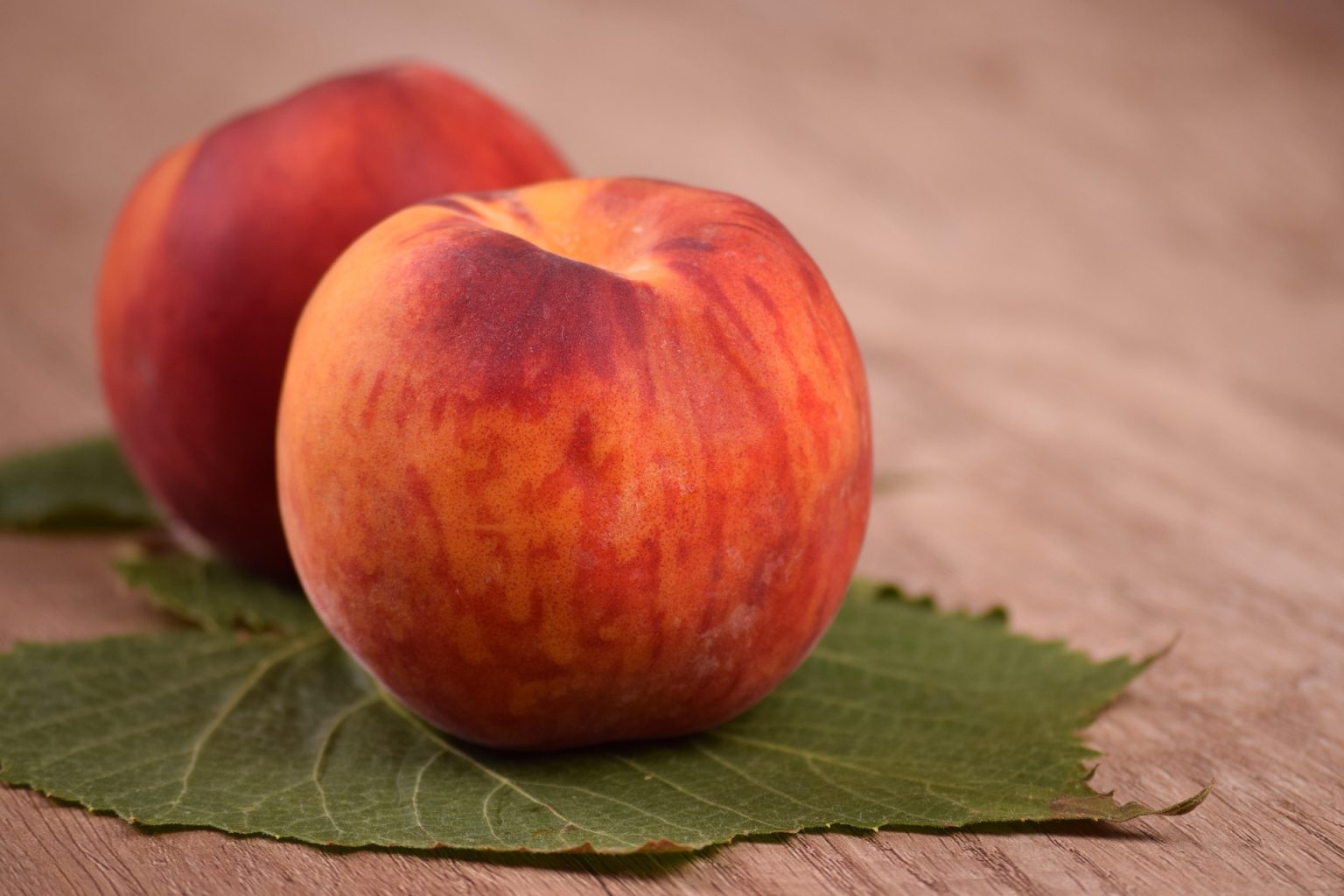Health benefits of peaches
Health benefits of peaches: Peaches (Prunus persica) pack a powerful nutritional punch. These juicy fruits not only taste great but also offer a wide range of health benefits. As members of the stone fruit family—alongside nectarines, plums, apricots, and cherries—peaches share a close relationship with almonds and provide essential nutrients that promote overall well-being.
1. Boost Gut Health
Peaches naturally support digestion thanks to their fiber content. A single yellow peach (147 grams) provides around 2.2 grams of fiber, which helps prevent constipation and supports a healthy digestive system. Fiber also plays a role in stabilizing blood sugar by slowing down its absorption.
In addition, peaches offer prebiotics—non-digestible compounds that feed the good bacteria in your gut. These beneficial microbes help reduce inflammation, improve immune response, and positively influence mood and mental health.
2. Support Healthy Blood Pressure
One important Peach health benefit is that peaches maintain normal blood pressure levels by delivering a healthy dose of potassium. This mineral acts as a natural diuretic, flushing out excess sodium and fluid from the body. By reducing sodium levels, potassium helps lower the strain on your heart and blood vessels, minimizing the risk of heart disease and stroke.
3. Promote Radiant Skin
Peaches enhance skin health through their rich content of beta-carotene and vitamin C. Beta-carotene, a precursor to vitamin A, shields your skin from harmful UV rays, while vitamin C boosts collagen production and enhances skin elasticity.
Peaches also contain around 130 grams of water per fruit, offering natural hydration that keeps your skin soft, plump, and glowing.
4. Protect Eye Health
Peaches contain eye-protective compounds like lutein and zeaxanthin. These carotenoids help protect the retina and lens from damage, reducing the risk of macular degeneration and cataracts—both leading causes of age-related vision loss.
Vitamin A, also present in peaches, supports normal vision. Although rare, a deficiency in this nutrient can cause night blindness and other vision impairments.
5. Deliver Powerful Antioxidants
Peaches supply the body with potent antioxidants, including polyphenols and carotenoids. These antioxidants fight oxidative stress, a harmful process caused by free radicals that damage cells and accelerate aging. By neutralizing free radicals, peaches may protect against chronic diseases and help preserve brain health, lowering the risk of neurodegenerative conditions like Alzheimer’s disease.
Peach Nutrition Facts (per 1 yellow peach)
- Calories: 67.6
- Fat: 0.4 g (0.5% DV)
- Sodium: 19.1 mg (0.8% DV)
- Carbohydrates: 14.8 g (5.4% DV)
- Fiber: 2.2 g (7.9% DV)
- Added Sugars: 0 g
- Protein: 1.3 g (2.6% DV)
Are Peaches Safe to Eat?
Peaches are generally safe and healthy for most people. However, individuals with oral allergy syndrome (OAS) may experience allergic reactions such as itching or swelling in the mouth, throat, or face—especially if they have pollen allergies.
Also, eating too many peaches too quickly can lead to digestive discomfort. Their high fiber content may cause bloating, cramps, or gas, so it’s best to increase your intake gradually.
Conclusion: Why You Should Eat Peaches
The health benefits of peaches make them an excellent addition to a balanced diet. They nourish your gut, heart, skin, eyes, and brain while hydrating your body and delivering essential vitamins and antioxidants. Enjoy them fresh, in smoothies, or as a healthy snack—and let your health bloom naturally.
